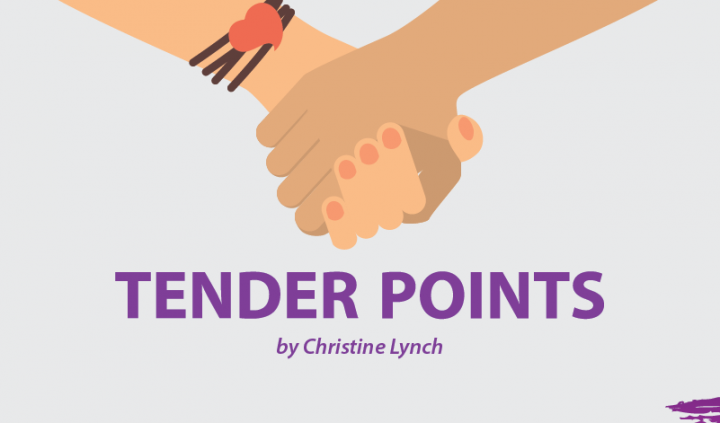Merriam-Webster defines an “expectation” as a strong belief that something will happen in the future, namely, a goal. Psychology Today defines a “goal” as an observable and measurable end result that you intend to achieve or accomplish. For most people, having positive expectations can contribute to good health. According to the Mayo Clinic, the results of doing so can be quite dramatic: They include an increased lifespan, lowered rates of depression, and strengthened cardiac and immune systems.
I was one of the most goal-oriented people on the planet after attending an eight-week, corporate-sponsored course in 1992 created by Brian Tracy called “The Psychology of Achievement.” Every day, I wrote down my goals as Tracy recommended, making certain they were desirable, measurable, and attainable. I condensed my three most important goals into positive, present tense “I” statements, (such as, “I finish my monthly report prior to Friday’s deadline”), wrote each of them on 3×5 cards, and taped them to my bathroom mirror. I read them out loud frequently and saw results quickly and often. This technique certainly contributed to my career success. I was focused, and I saw results. I felt invincible. There was nothing I couldn’t accomplish!
In time, I forgot one of the basic tenets of goal-setting — attainability. At some point, my definition of “attainable” needed to change for me, and it didn’t. The result was frustration and failure. Having been so successful for so long, it never occurred to me that my changing health conditions and graying hair had changed what was attainable or even reasonable for me. I lived in denial for many years, failing frequently, and feeling badly about myself, all because of unrealistic expectations.
But don’t think this is the end of the story. It may have taken me longer than it should have, but I did finally take a good look at my expectations as well as my current abilities. And even though they looked quite different than they once did, I realized I hadn’t become useless. I just accomplish things differently than before.
So, I learned to adjust my goals. I realize I may need more time or more assistance to do what I could once easily do for myself. The upside of creating more achievable goals is that it improves my chances of success. And any success these days creates a sense of accomplishment and satisfaction more now than ever before. That satisfaction contributes greatly to still feeling relevant, despite fibromyalgia and aging.
Attempting and achieving small goals with a high probability of success gives me the courage to attempt slightly larger goals the next time. I’ve become adept at dividing larger tasks into smaller, more doable elements. Each small piece may be something I once considered insignificant, but if I accomplish that one small thing in a big way, it gives me the confidence to move on to the next task and then the next. With a little motivation and an equal amount of perseverance, the task will eventually get done, bird by bird, as Anne Lamott so famously wrote. And, guess what? Even though it might take longer and require outside assistance, completing any desirable task produces the same sense of victory!
So, reject the idea that you can’t do a particular thing you once did with ease. Break it down into doable pieces and get your success moving! It’ll take you to the end with ease. And you’ll feel terrific for having done it!
***
Note: Fibromyalgia News Today is strictly a news and information website about the disease. It does not provide medical advice, diagnosis, or treatment. This content is not intended to be a substitute for professional medical advice, diagnosis, or treatment. Always seek the advice of your physician or other qualified health provider with any questions you may have regarding a medical condition. Never disregard professional medical advice or delay in seeking it because of something you have read on this website. The opinions expressed in this column are not those of Fibromyalgia News Today, or its parent company, BioNews Services, and are intended to spark discussion about issues pertaining to fibromyalgia.


